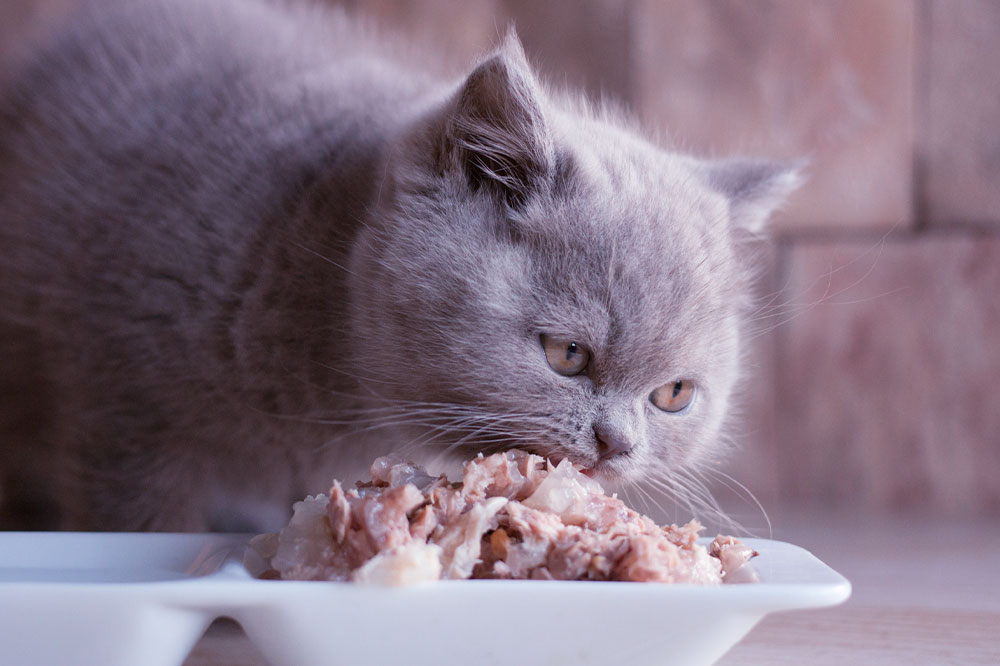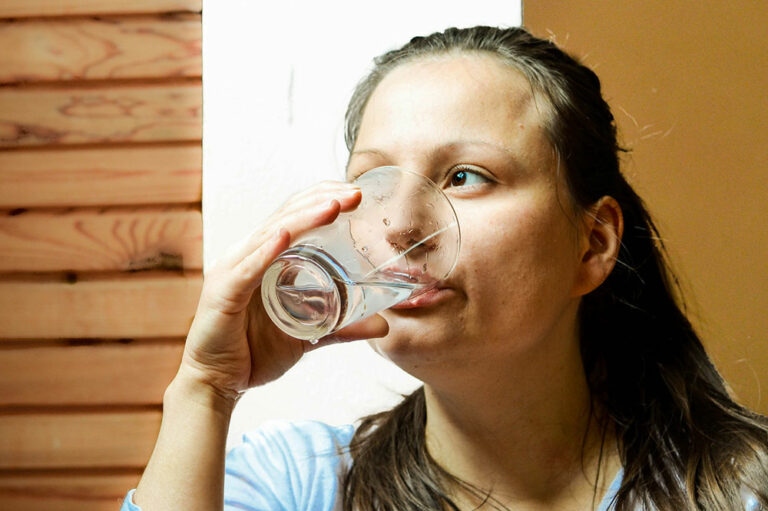Sharing food with your cat doesn’t always have to be dangerous! Even though it is advisable to keep your pets away from some human food like onions, garlic, sugar, chocolate, dairy, caffeinated products, raw dough, nuts, salt, xylitol, grapes, and raisins, it is safe to treat your pets to some human food every once in a while. Here are 7 human foods that are safe for your kittens to consume.
7 human foods you can share with your cats
Fish
Canned or cooked fish like salmon, tuna, herring, mackerel, and crab are good for your cats as it helps their eyes stay sharp and helps them with arthritis, kidney disease, and heart disorders. Fatty fish contains nutrients like omega-3 that can help with your cat’s heart health. However, it is best to avoid giving them raw fish as it can be dangerous for your cat’s health.
Whole grains
Cooked whole grains are easily digestible for cats and are popularly found in most dry cat foods. Grains like oats are a good source of protein, iron, and fiber, and they’re easy to make as well. Many cats like eating corn, and a coarse cornmeal called polenta as well. Other grains that you can give your cats include brown rice, barley, wheat berries, millet, and couscous. All you need to do is make sure that the grains are fully cooked, so your kitten can digest them properly.
Meat
By nature, cats are meat eaters. Protein from meat is an important part of their meals to ensure a strong heart, good vision, and a healthy reproductive system. It is safe to give them cooked beef, chicken, turkey, and small amounts of deli meat for their dose of protein. Avoid giving them any raw or spoiled meat, as this could make them sick.
Veggies
Vegetables are a great source of vitamins, fiber, and water to help your cats and kittens with digestion. While all cats may not enjoy eating vegetables, you can try offering them fresh cucumber or cantaloupe, steamed broccoli, carrots, squash, or asparagus. However, make sure you don’t add onions or garlic to any food you may give them.
Cheese
Cheese is a high-protein snack that is okay to share with your cats in small amounts. Although it contains significantly less protein than meat, fish, or whole grains, it’s a yummy treat to offer them once in a while. Make sure you don’t give them too much because many cats’ stomachs can’t handle excess dairy.
Eggs
Eggs are also a great source of protein for cats. Opt for cooked eggs, as raw eggs can carry bacteria like salmonella, listeria, or E.coli that are dangerous for your pets. However, it is important to note that cats cannot survive on eggs alone, and need nutrients from other food sources to remain healthy.
Fruits
Mangoes, apples, bananas, apricots, blueberries, and cranberries are safe fruits for cats to eat. Melons can help them with digestive problems, and be a good source of water for them too. It is best to limit cats to two or three berries or one small chunk of fruit at a time, starting with tiny pieces and working your way up to a one tablespoon serving size. It is also important to deseed the fruit and remove any rind or skin that may be a choking hazard.
Most cat food suppliers like Hill’s Pet Nutrition, IAMS™ Cat Food, Sheba®, 9Lives®, and PURINA® FRISKIES® provide wholesome, well-rounded nutrition for your cats. High in protein, fat, fiber, moisture, and calcium, along with other fatty acids and antioxidants, these cat foods (wet and dry) can be found in various flavors of meat as well, to add variety to your pet’s meal plans.

















